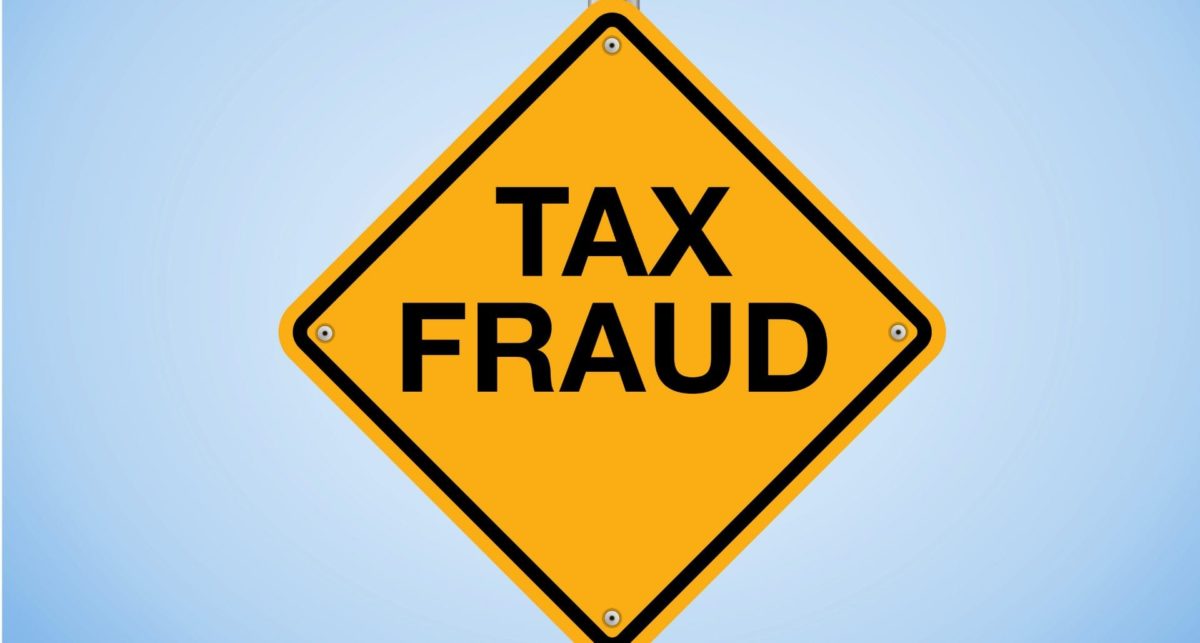March 1, 2014 | Tax Relief

Innocent Spouse Relief
In September 2013, the tax law was revised to greater benefits for those who are seeking tax relief related to debts incurred when they signed a joint tax return was an ex-spouse. The new tax law increases the chance that the Internal Revenue Service will hold that the ex-spouse is not liable for the sins of the other. Clients who are seeking this type of relief would benefit greatly from an attorneys assistance in correctly documenting and proving their case to the IRS.
The requirements of granting Innocent Spouse Relief are as follows:
1. You filed a joint tax return.
2. You file your claim within 10 years.
3. You did not transfer assets with your ex-spouse as part of a fraudulent transfer.
4. You did not know the return filed was false.
Once these threshold tests are met, your case is decided by the IRS based upon the following criteria.
1. Economic Hardship
2. Having Knowledge of the tax issue that created the tax debt
3. Current Martial Status (with person whose actions caused the tax debt)
4. Current compliance with the tax laws.
5. Mental or Physical health.
Please keep in mind not all of these requirements have to be met to have a successful claim. Since a joint tax return liability survives the divorce, a spouse who owes taxes to the IRS because of tax issues related to their ex-spouse can get relief under this tax rule.


 Timothy S Hart, the founding partner of the tax law firm of Timothy S. Hart Law Group, P.C. is both a New York Tax Lawyer & Certified Public Accountant. His area of expertise includes innovative solutions to solve your Internal Revenue Service and New York State tax problems, including tax settlements through the Federal and New York State offer in compromise programs, filing unfiled tax returns, voluntary disclosures, tax audits, and criminal investigations. [
Timothy S Hart, the founding partner of the tax law firm of Timothy S. Hart Law Group, P.C. is both a New York Tax Lawyer & Certified Public Accountant. His area of expertise includes innovative solutions to solve your Internal Revenue Service and New York State tax problems, including tax settlements through the Federal and New York State offer in compromise programs, filing unfiled tax returns, voluntary disclosures, tax audits, and criminal investigations. [